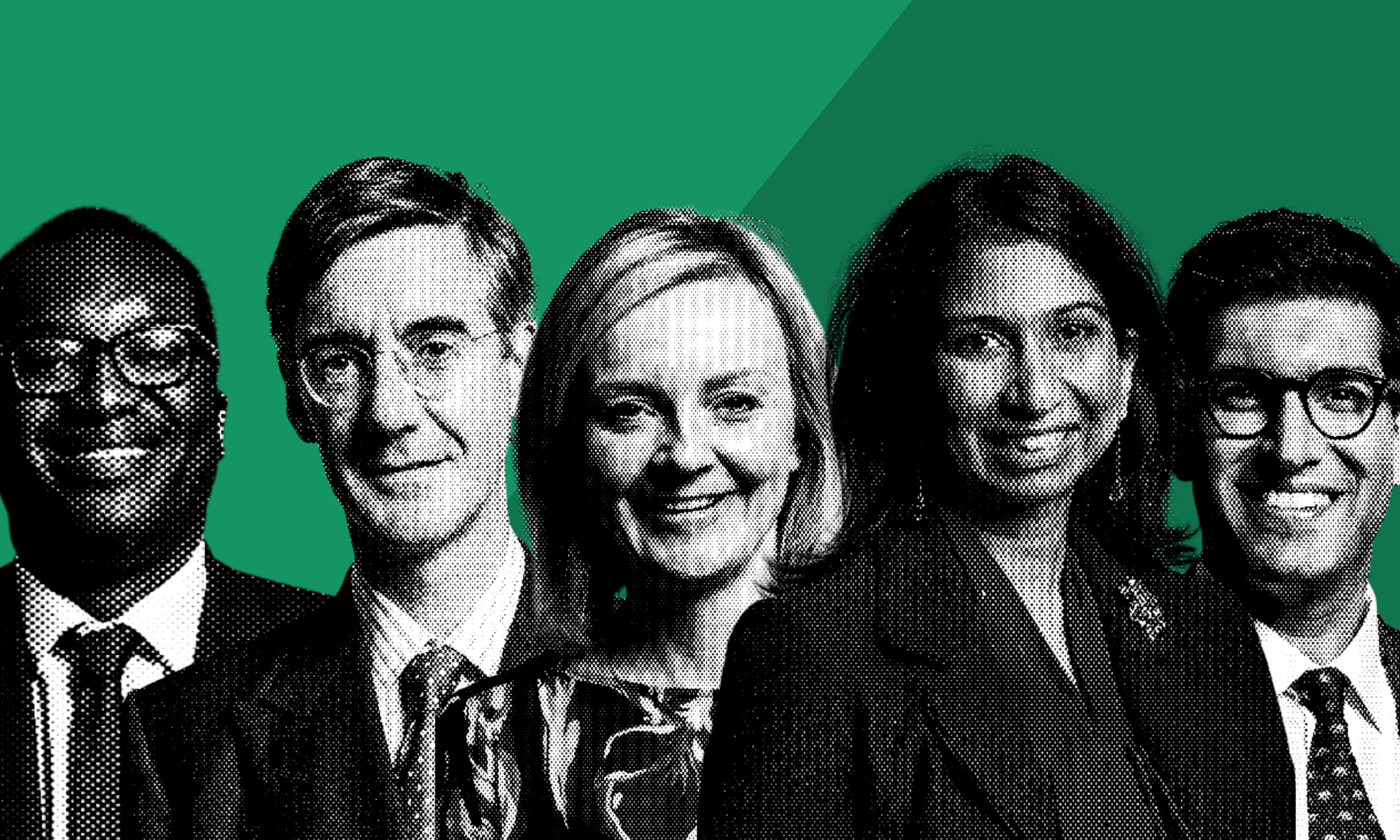Nadia Whittome: ‘The Tories are making us pay for social care so their wealthy donors don’t have to’
Once again, the poorest in the UK will end up shouldering a burden they shouldn't be carrying.
Nadia Whittome
14 Sep 2021

TaxRebate.org.uk
Last week, Tory MPs voted through the Health and Social Care levy – a new tax paid through national insurance contributions.
For the vast majority of people who work, this will mean less money coming into your bank account each month. Employees will be taxed an additional 1.25% of their income and employers will also pay tax of 1.25% of the salaries of their staff.
If you earn around £24K, you’ll lose roughly £180 a year. It is a flat tax that applies to anyone with wages over £9,568, so will hit low-paid workers hardest. Under this legislation, a graduate on a standard starting salary would be taxed almost 50% of their income. At the same time, those on Universal Credit will also be losing £20 a week, thanks to the scrapping of the “uplift” brought in to relieve pressure on low-income families during the pandemic.
The government says this new tax is to pay for social care. No one disagrees that social care desperately needs more cash – in fact I’ve been calling for this since I was elected. But a tax hike for the lowest-paid workers is not the solution.
I used to be a care worker so I know how bad a state our care system is in. Now I’m an MP, I’m determined to fight on behalf of my former colleagues and the people I was privileged to care for.
And I’m not the only one. Social care might rarely grab the headlines, but I actually think, contrary to popular belief in Westminster, that people care about it and want it to improve – and the number of emails I get on this subject proves it.
Because almost everyone has experienced the social care system at some point in their lives, either first hand as a care “user” (I dislike that term), a care worker, or an unpaid carer – or through a close relative who relies on social care.
Care is also a feminist issue. The vast majority of people employed in social care are women, disproportionately women of colour and migrant women. Unpaid care carried out by family members, which is on the rise because of problems in the care system and the cost of care, invariably falls on women. And of the older people who require care, women are also overrepresented as a result of our longer life expectancies.
“Under this legislation, a graduate on a standard starting salary would be taxed almost 50% of their income”
It doesn’t take much contact with the sector for you to realise that it’s broken in countless ways. Social care is disjointed, privatised and unaccountable, with poor pay and conditions that result in inconsistent care and support across providers. Council funding has been cut to the bone during the last decade, which means they can barely afford to meet their legal obligations to provide care. The pandemic has only made things worse, with major cuts to people’s care packages leaving them without the support they require.
But the Health and Social Care Levy will do nothing to fix this. The government’s plan is an unholy trinity: most of the money isn’t even going to social care – instead it will be spent by the NHS. The problems in social care will not be solved by this funding and low-paid workers are bearing the brunt, so that the rich can hoard wealth.
It is a political decision by the Conservative Party to protect their wealthy donors and large corporations. Amazon paid only 7.5% of the value of its income in the UK in tax in 2020, despite sales increasing by £1.89bn . The wealth of British billionaires increased by 1/5th in the pandemic. The government has the potential to raise up to £174bn a year if it taxed wealth at the same level as income. But it chooses not to.
“Amazon paid only 7.5% of the value of its income in the UK in tax in 2020, despite sales increasing by £1.89bn”
To fix our social care system, we need a National Care Service, like our NHS, which is free at the point of use and funded by progressive taxation. Not only would this provide the sector with the money it requires, but it gives us a chance to redesign the system with the needs of care “users” and care workers at its heart.
My former colleagues need a pay rise, not a pay cut. Those who rely on social care need the rich and fulfilling lives they deserve. And we all need the security of knowing that no matter what happens in our lives, there will be someone to look after us. The money to do this is there, in the pockets of the richest, who also happen to be the people sitting in government. It’s just the political will that’s lacking.
Nadia Whittome is the Labour MP for Nottingham East.

Britain’s policing was built on racism. Abolition is unavoidable

How Pakistan’s Khwaja Sira and transgender communities are fearing and fighting for their futures

Their anti-rape performance went viral globally. Now what?






